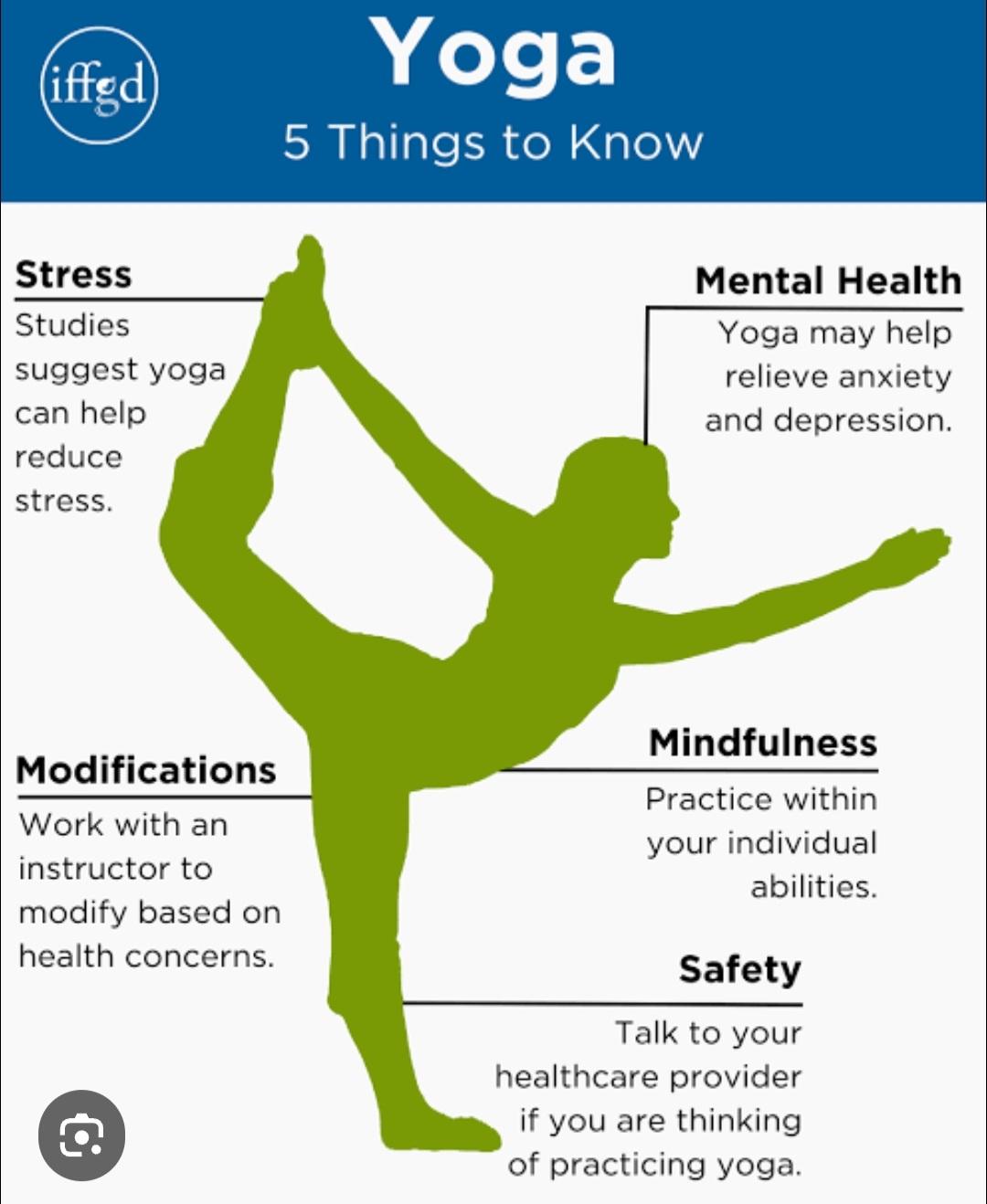Yoga is a spiritual practice originating in ancient India that emphasizes the union of mind, body, and spirit. It involves physical postures (asanas), breathing techniques (pranayama), and meditation, all aimed at fostering well-being and spiritual growth. The core principle of yoga is to achieve harmony and balance within oneself and with the universe.
Key Aspects of Yoga:
Physical Postures (Asanas):
Yoga asanas are a variety of physical poses designed to improve flexibility, strength, and balance.
Breathing Techniques (Pranayama):
Pranayama involves controlled breathing exercises that help regulate the nervous system and promote relaxation.
Meditation:
Meditation is a practice that helps quiet the mind and cultivate a sense of inner peace and awareness.
Ethical Guidelines:
Yoga also incorporates ethical principles to guide behavior and promote a harmonious relationship with oneself and others.
Benefits of Yoga:
Improved Physical Health: Yoga can improve flexibility, strength, balance, and posture.
Reduced Stress and Anxiety: Yoga helps to calm the nervous system and reduce stress hormones.
Enhanced Mental Clarity and Focus: Yoga can improve concentration and promote a sense of well-being.
Spiritual Growth: Yoga encourages self-reflection and the exploration of one's inner self.
Types of Yoga:
Hatha Yoga: A foundational type that emphasizes physical postures and breathing techniques.
Ashtanga Yoga: A more physically demanding style that involves a series of poses performed in a specific sequence.
Iyengar Yoga: Focuses on precise alignment and holding poses for extended periods.
Vinyasa Yoga: A dynamic style that connects breath with movement.
Kundalini Yoga: Emphasizes the connection between breath and energy in the body.
Yoga is a versatile practice that can be adapted to suit different needs and abilities. Whether you are looking to improve your physical health, reduce stress, or explore your spiritual side, yoga can be a valuable tool for overall well-being.

